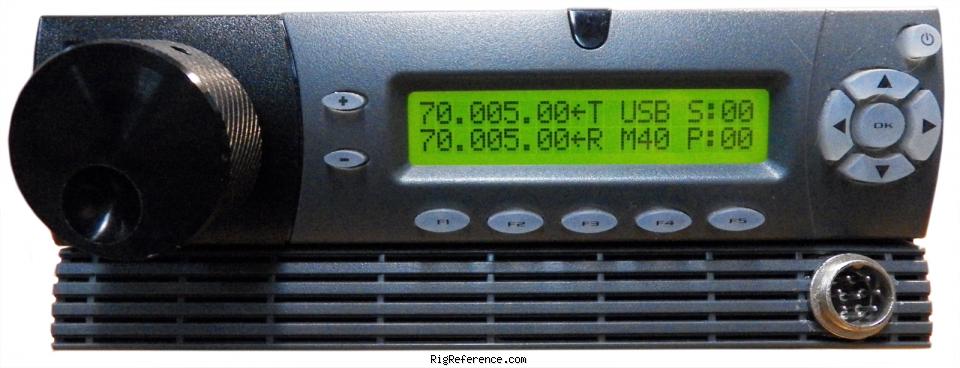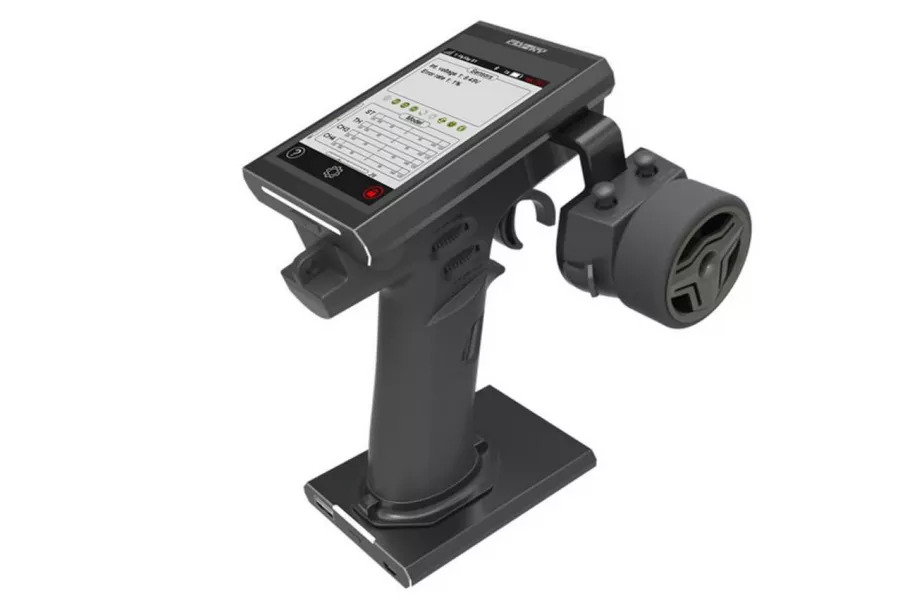
Welcome to Noble Radio, your ultimate guide to high-quality audio equipment. Whether you’re a music enthusiast, a professional sound engineer, or simply someone who appreciates the beauty of crystal-clear sound, this is the place for you. We are dedicated to providing you with the latest information, reviews, and recommendations on the best audio equipment available on the market.
At Noble Radio, we understand that audio equipment is not just about playing music. It’s about creating an immersive experience that transports you to another world. That’s why we only feature products that are designed to deliver the highest quality sound, with every note and nuance faithfully reproduced. From headphones and speakers to amplifiers and DACs, we’ve got you covered.
The Ultimate Guide to High-Quality Audio Equipment
Next, you’ll want to consider the specifications of the equipment. This includes things like frequency response, power output, and impedance. These specifications will give you an idea of how the equipment will perform and whether it will meet your specific needs.
Another important factor to consider is the build quality of the equipment. High-quality audio equipment is built to last, with durable materials and solid construction. This ensures that you’ll be able to enjoy your audio system for years to come.
Types of Speakers

There are several types of speakers available on the market, each with its own unique characteristics and benefits. Here are some of the most common types:
- Subwoofers: Subwoofers are specialized speakers that are dedicated to reproducing low-frequency sounds, such as deep bass. They are often used in conjunction with other speakers to enhance the overall audio experience.
- Soundbars: Soundbars are long, narrow speakers that are designed to be placed below or above a television. They are a popular choice for home theater setups and offer a convenient and space-saving solution.
Factors to Consider
When choosing speakers for your audio system, there are several factors to consider:
- Room Size: The size of your room will determine the type and size of speakers you should choose. Larger rooms may require floorstanding speakers or additional subwoofers to fill the space with sound.
- Compatibility: Ensure that the speakers you choose are compatible with your existing audio equipment, such as amplifiers or receivers. This will ensure a seamless integration and optimal performance.
Choosing the Right Speakers
2. Frequency Response: The frequency response of a speaker refers to the range of frequencies it can reproduce. A wider frequency response means that the speaker can accurately reproduce a wider range of sounds, resulting in a more detailed and immersive audio experience.
4. Sensitivity: Speaker sensitivity refers to how efficiently a speaker converts power into sound. A higher sensitivity rating means that the speaker can produce louder sound levels with less power. This is particularly important if you have a large room or if you like to listen to music at high volumes.
6. Room Size: Consider the size and layout of your room when choosing speakers. Larger rooms may require larger speakers or additional subwoofers to fill the space with sound. On the other hand, smaller rooms may benefit from smaller speakers that can still deliver high-quality audio without overwhelming the space.
By considering these factors and taking the time to research and compare different speaker options, you can choose the right speakers for your high-quality audio system. Remember, the goal is to create a balanced and immersive audio experience that brings your music, movies, and games to life.
Amplifiers and Receivers: Enhancing Your Audio Experience
When choosing amplifiers and receivers, there are several factors to consider. First and foremost, you need to determine the power output that suits your needs. The power output is measured in watts per channel, and it determines how loud your speakers can play. It is essential to match the power output of your amplifiers and receivers with the power handling capabilities of your speakers to avoid damaging them.
Another crucial factor to consider is the number of channels. The number of channels determines how many speakers you can connect to your audio system. For stereo sound, you will need a two-channel amplifier or receiver, while for surround sound, you will need a multi-channel amplifier or receiver.
Furthermore, pay attention to the audio formats supported by the amplifiers and receivers. Make sure they are compatible with the audio formats used by your audio sources to ensure optimal playback quality. Some amplifiers and receivers also come with built-in equalizers and sound processing technologies, allowing you to fine-tune the audio output according to your preferences.
Tips for Setting Up Your High-Quality Audio System
Setting up a high-quality audio system requires attention to detail and careful consideration of various factors. Here are some tips to help you get the most out of your audio equipment:
1. Choose the Right Room

2. Position Your Speakers Correctly
The placement of your speakers can greatly affect the sound quality. Start by positioning them at ear level, ensuring they are at an equal distance from the listening area. Experiment with different angles and distances to find the optimal position for your room.
3. Use Speaker Stands
Investing in speaker stands can significantly improve the sound quality of your audio system. Stands help to isolate the speakers from vibrations and provide a stable platform for optimal performance. Make sure to choose stands that are compatible with your speakers.
4. Consider Room Acoustics
Room acoustics play a crucial role in the overall sound quality. Consider adding acoustic treatments, such as diffusers and absorbers, to minimize unwanted reflections and enhance the clarity of the audio. Experiment with different placements to find the best configuration for your room.
5. Calibrate Your System
Calibrating your audio system is essential for achieving accurate sound reproduction. Use a sound level meter to measure the volume levels of each speaker and adjust them accordingly. This will ensure a balanced soundstage and prevent any overpowering or weak audio.
6. Manage Cable Placement
Proper cable management is important to maintain a clean and organized setup. Use cable clips or ties to secure the cables and prevent them from tangling or becoming a tripping hazard. Keep cables away from power sources and other electronics to minimize interference.
7. Optimize Source Components
Ensure that your source components, such as CD players or streaming devices, are properly connected and optimized for high-quality audio playback. Use high-quality cables and consider investing in a dedicated power conditioner to reduce electrical noise and improve audio performance.
8. Fine-Tune Your System
Take the time to fine-tune your audio system to your personal preferences. Experiment with different EQ settings, speaker placements, and listening positions to find the perfect balance for your ears. Trust your own judgment and adjust the settings until you are satisfied with the sound.
| Tip | Description |
|---|---|
| 1 | Choose the Right Room |
| 2 | Position Your Speakers Correctly |
| 3 | Use Speaker Stands |
| 4 | Consider Room Acoustics |
| 5 | Calibrate Your System |
| 6 | Manage Cable Placement |
| 7 | Optimize Source Components |
| 8 | Fine-Tune Your System |
By following these tips, you can ensure that your high-quality audio system delivers an immersive and enjoyable listening experience. Remember to regularly clean and maintain your equipment to prolong its lifespan and preserve its performance.

Over the years, I have amassed a wealth of experience and knowledge, which I eagerly share with fellow radio aficionados. Through my writing and active participation in the amateur radio community, I strive to inspire others and provide valuable insights into this fascinating hobby. Engaging in various radio activities, I continue to learn and grow, constantly amazed by the endless possibilities that radio communication offers.

